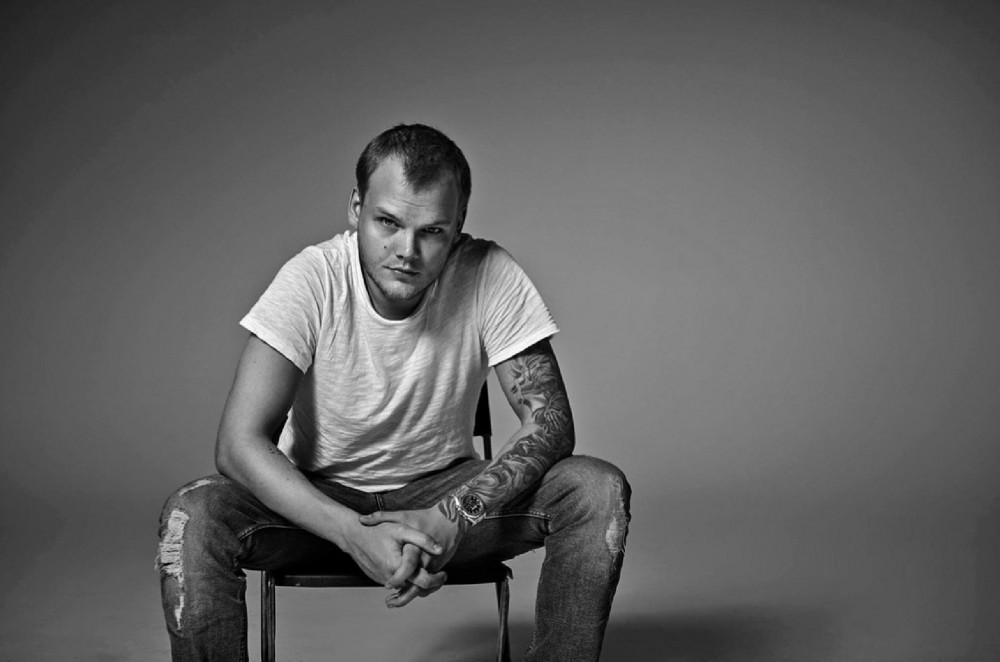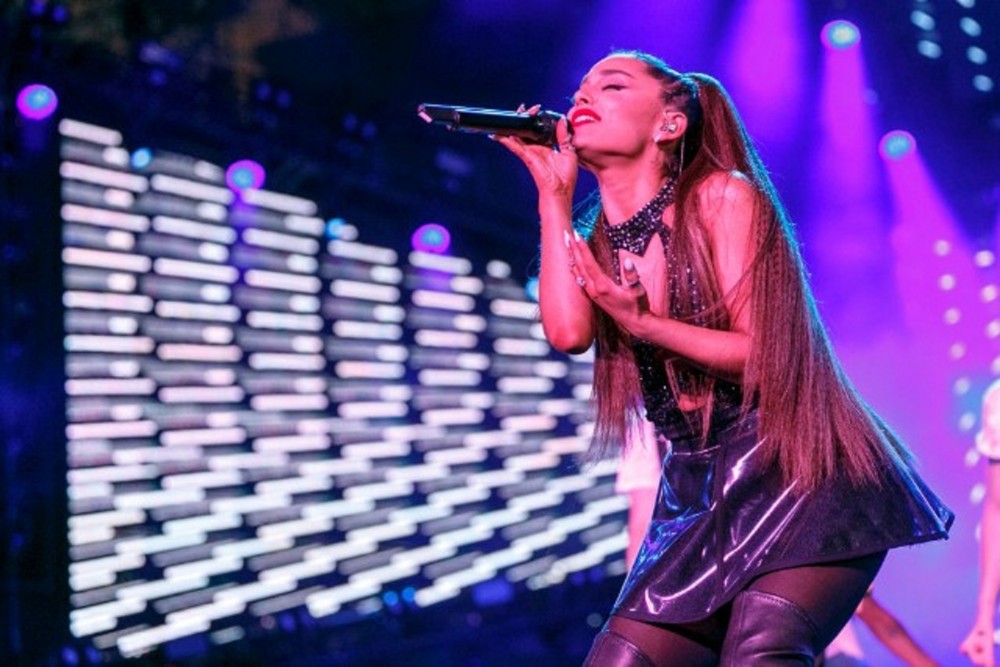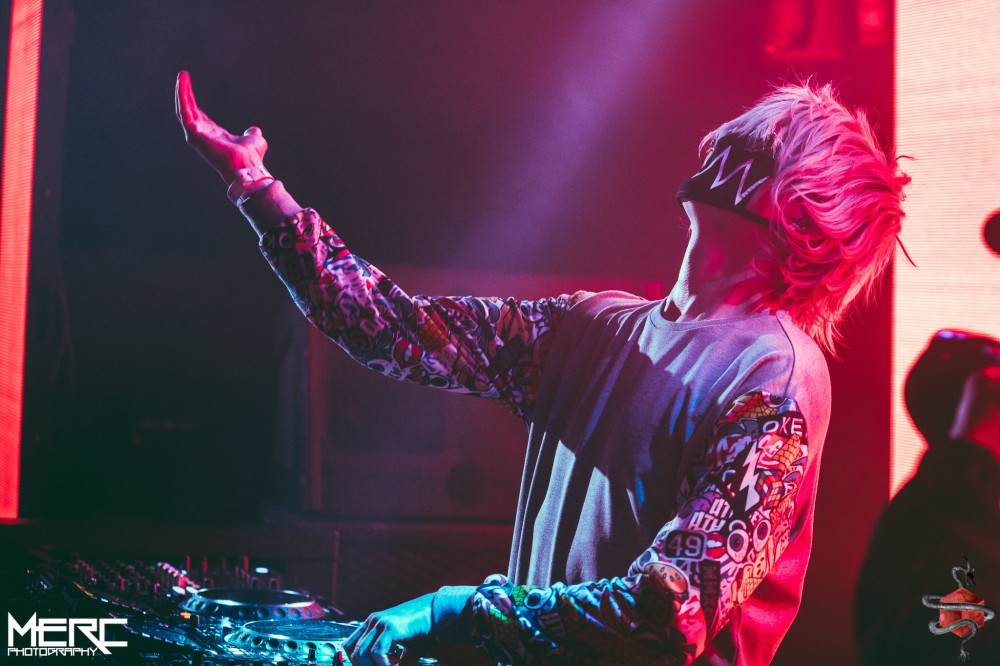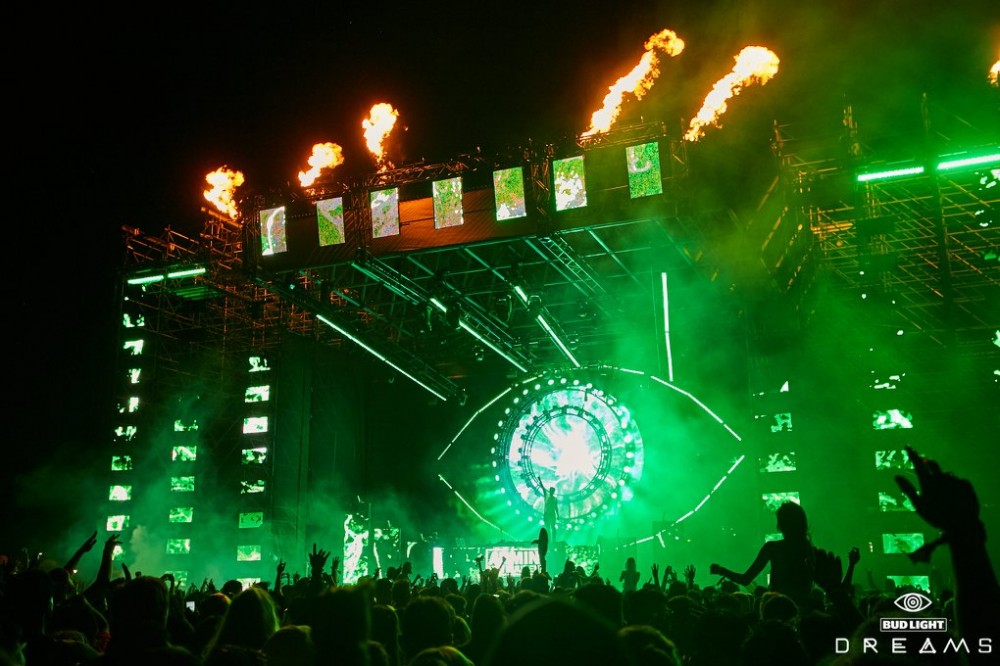
One year after Avicii's passing, the void in dance music remains
One year after Avicii’s passing, the void in dance music remains
Saturday, April 20 marks the one-year anniversary of Avicii‘s untimely passing. Avicii, born Tim Bergling, died of an apparent suicide in Muscat, Oman, ending a career-long battle with depression and addiction. News of the Swedish superstar’s sudden death sent tremors well beyond the international dance music community, and now, a year later, it’s clear that shock hasn’t fully subsided. The empty space where Avicii’s generation-defining talent once stood hasn’t narrowed much in the last year—in fact, Bergling’s newly released, posthumous Aloe Blacc collaboration, “SOS,” arguably widened it. One year later, it still hurts just as bad.
That’s because those close to the “Wake Me Up” star understood that he was in a period of unbridled creativity, working on what they believe could be some of the greatest material that Stockholm’s favorite son has ever written. Luckily, Avicii’s family has taken all the right steps to ensure their son’s legacy lives on in a meaningful, impactful way. A foundation created in his name and the promise of TIM, Avicii’s posthumous album due later this summer, have helped close the wound somewhat. But ultimately it’s safe to say dance music will never fully recover from Avicii’s death—he was unequivocally the genre’s brightest star and most beloved torch-carrier at the time of his passing.
More comforting, however, is the fact that Avicii’s death has helped catalyze a much wider discussion about the ineffable importance of mental health and entertainment’s intersection. In the wake of his passing, Bergling has helped to dissolve the stigmas commonly pinned to mental health issues, though there’s still plenty of work to be done there.
Or perhaps it’s still so painful because dance music as a global phenomenon is still relatively young. Before Bergling’s death, EDM felt too young to have real factotums. By comparison, rock ‘n’ roll history is rife with fallen visionaries, from Jim Morrison to Janis Joplin. Hip-hop, sadly, is no different, with Nipsey Hussle, Big L, Tupac and the Notorious BIG all rushing to mind. But before Avicii, the EDM community didn’t really have many canonized saints yet; no Kurt Cobain to assume the role of champion taken too soon. That all changed last April, and perhaps the reason it still hurts so badly is because electronic dance music is still fighting through the growing pains of establishing its history.
Love it or hate it, EDM now runs on a 24-hour news cycle. But news of Bergling’s death brought it to a grinding halt within minutes—really for the first time. The news blanketed the weeks that followed in a grief-stricken, melancholy silence, as tributes continued to pour in, dance music consumers collectively mourning together. The news cycle eventually recovered, but largely it feels like the fans did not. A year later, and things aren’t quite as quiet as they were last April 20, but the void in dance music Avicii behind still undoubtedly remains—Long Live Avicii.
Photo credit: Sean Eriksson


